This issue is very important to me because so many events and breakthroughs in my life happened because I was presumed to be competent. On the other hand, some events in my life were not so good because of a presumption of incompetence.
The message of presumption of competence is of encouragement and acceptance. The presumption of incompetence sends a negative message, a message that says no matter how much one tries, success is out of reach.
For disabled people, especially the ones who need more support, who can’t communicate through speech or who have other communication difficulties, this negative message is an added hurdle, yet another obstacle towards acceptance, inclusion and respect.
For non-speaking autistics like me, it means silencing us, not fully exploring our hidden potential.
When I was young and started to type, my parents took this new event in my life and used it to really get to know me. They asked me questions and they listened to me. Because my parents presumed my competence, they included me in the family, they believed I was able to understand what I already knew I could: anything a girl my age would.
The changed attitude of my parents towards me made me less fearful and less anxious. Despite the many seizures I was having, the hospitalizations, followed by medication trials and debilitating side effects, some people were listening to me. I wasn’t having so many meltdowns and I was happier.
But sadly, when I changed schools, the new school decided that I did not need what they were offered. I could have had an aide, someone who might have worked with me on my typing, someone who might have listened to me. I was disappointed and discouraged. I was far away from home, at a “special” boarding school and the ones who believed in me were not there.
Everything I did then was perceived as acting out. I became the “difficult teenager who liked to test everyone’s limits”. That was the official description following my name. But I wasn’t being testy. I was, at different times, bored, lonely, sad.
Why didn’t the school presume my competence? Was it the way I looked, the many needs I had? The message I heard was: we will help you and “make you better” but you don’t get to voice your opinion.
I eventually found my voice again, and the way back to my chosen method of communication, because one person, then two people, than many others assumed I had things to say that were worth listening. They listened to me and that made me believe in myself a little bit more.
The presumption of competence is not an excuse or wishful thinking of parents and other people who believe in us. It also does not mean that all things are going to “magically” change.
Assuming competence is not trying to make us “look better”. It is a way to make sure all opportunities are given to us, that our very unique ways are valued and that we are being heard, that our feelings and quirks fit in the work to find the best solutions to help us navigate a confusing and overwhelming world – in our own way.
By presuming my competence, people made me a little (sometimes a lot) more confident, unafraid to try and to speak up. They helped me with my self-esteem. I still have to listen to derogatory comments and I see the skeptical looks. It hurts. But when I am with encouraging people who believe in me, who presume my competence, I feel strong again.
This is true for many of us. Presumption of competence is how we believe the neurotypical world will not shut us off, try to isolate us or treat us as second-class citizens. Presumption of competence and acceptance are linked. They help us be better at being ourselves, being proud of who we are.


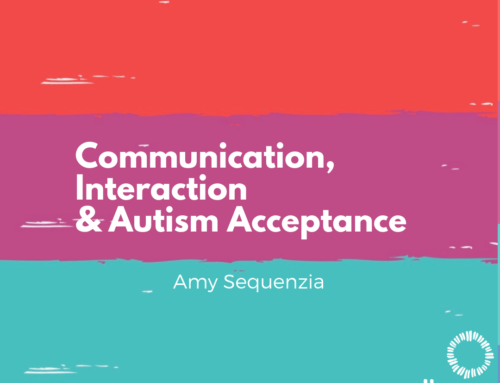
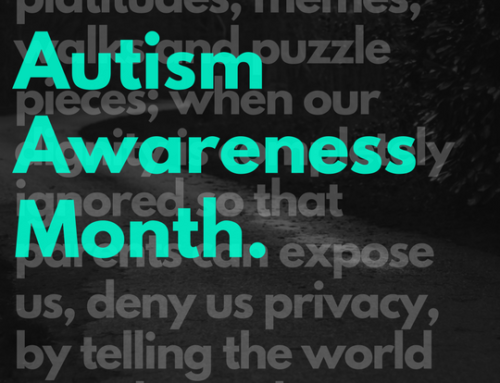
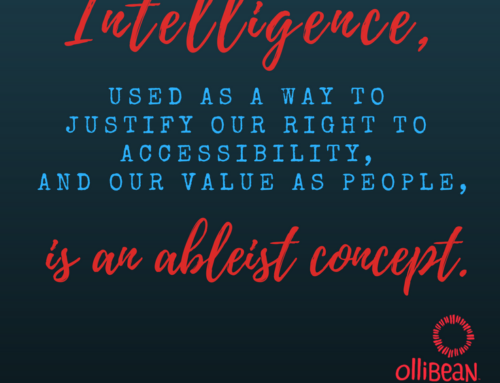
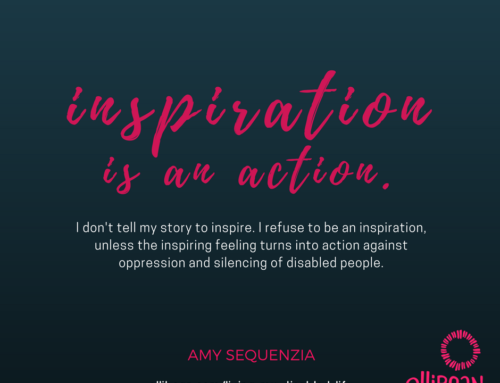

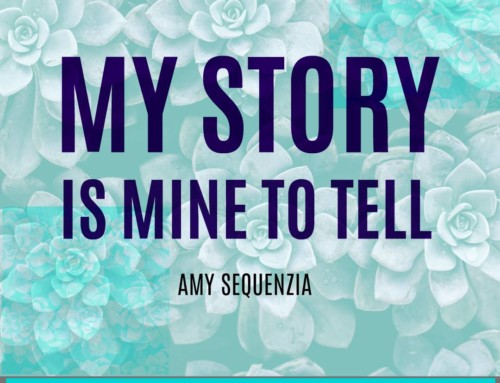
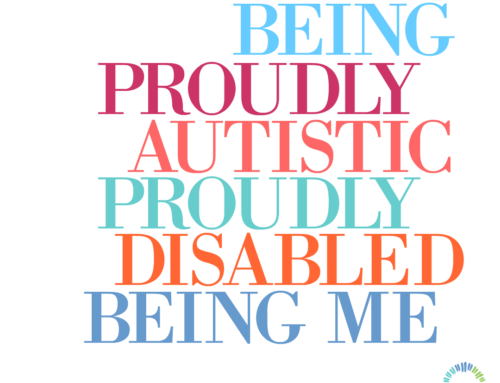
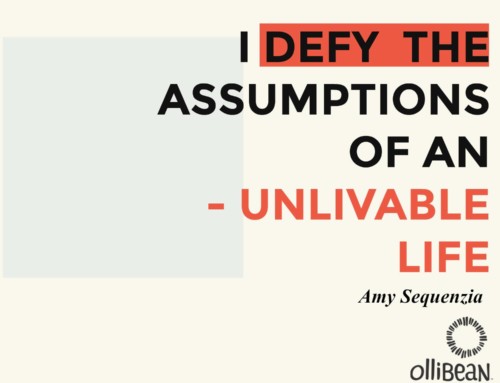
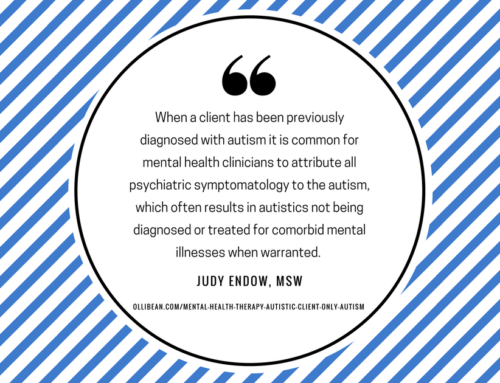
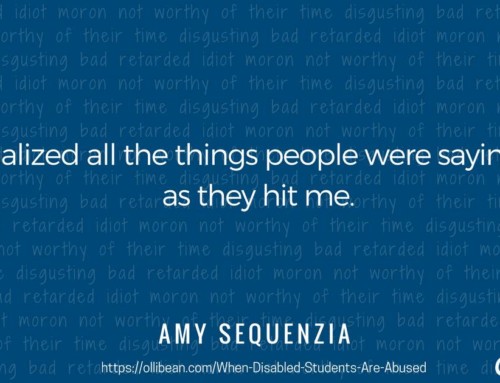

beautiful article! share this!
Wish for the Day: Every educator and clinician becomes a beacon of this simple, but powerful idea. Assume they can. Teach so that they will.
Love your post, Amy!
Yes! Amy, everyone should presume competence! Keep spreading the word.
Thank you Amy for your eloquent words, I am deeply touched.
I’ve been looking for articles to help me explain what “presuming competence” means so I can share it with other parents. I think sometimes parents hear these words and want to do it but don’t always know how to practice it. I hope it’s OK if I share this!